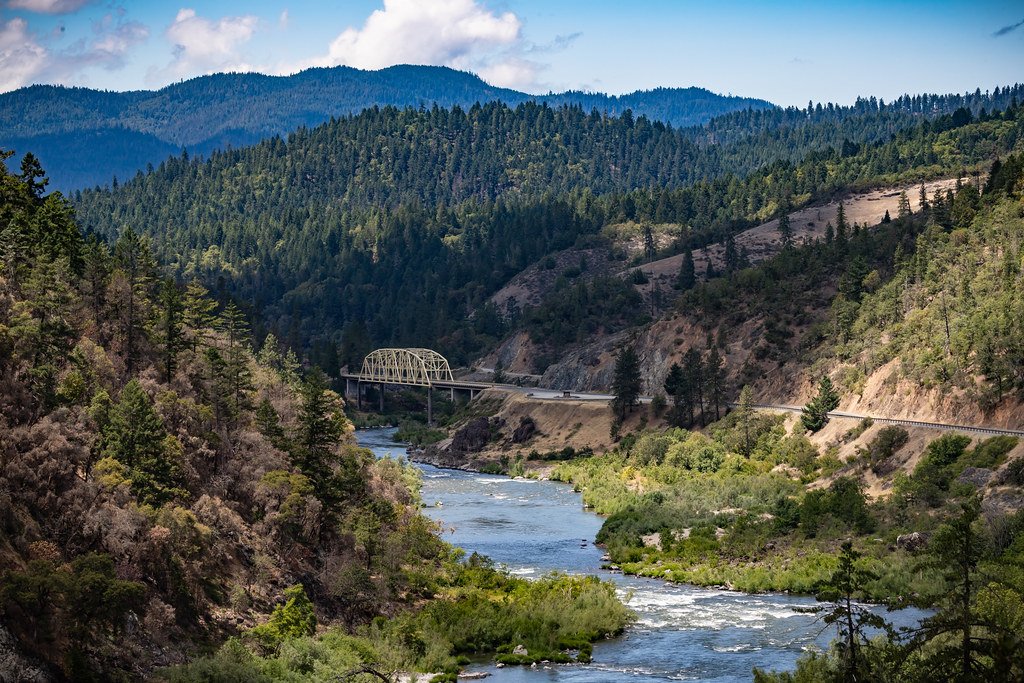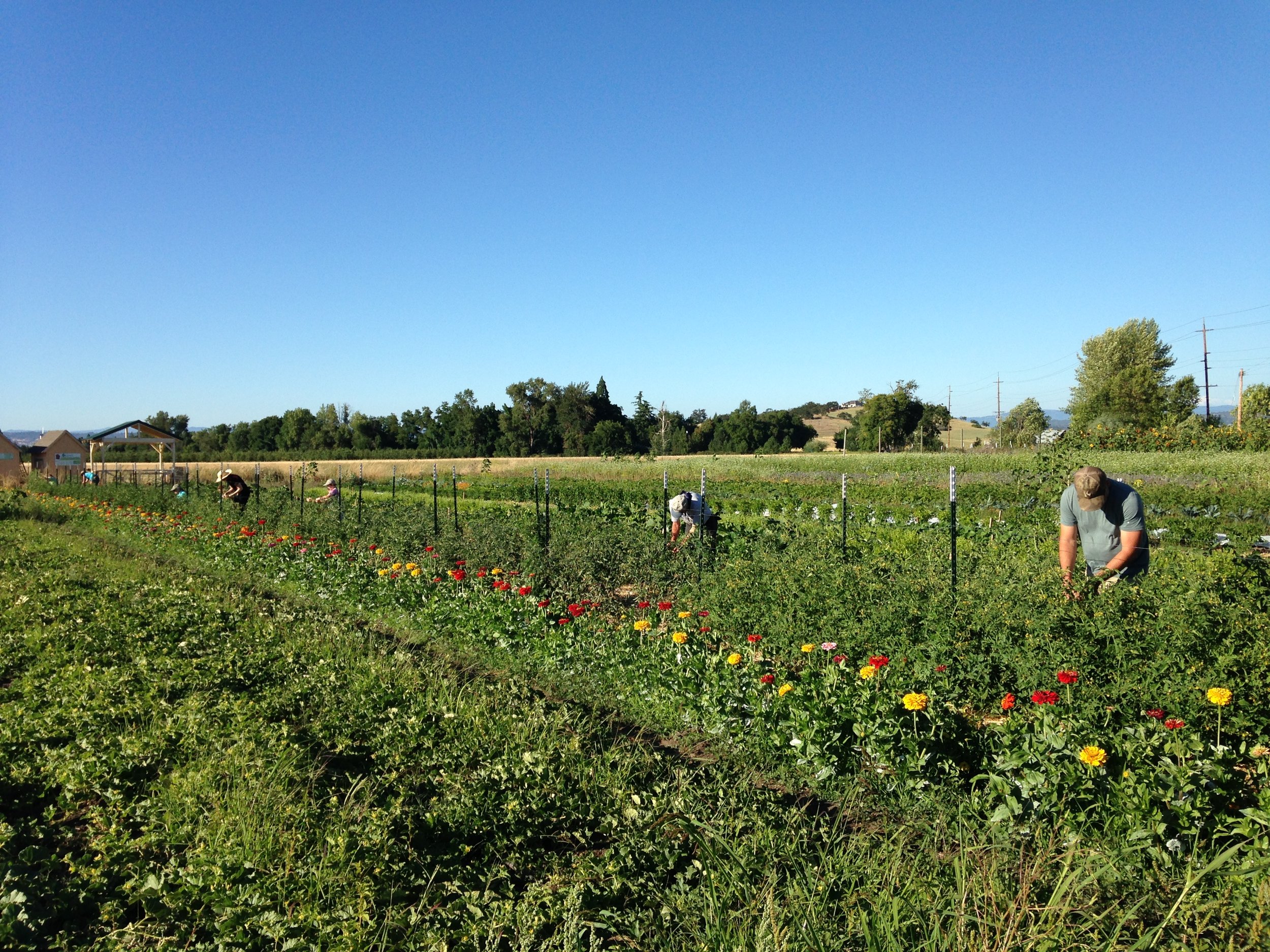Rogue Valley
The Rogue Valley is a region in what is now known as southwestern Oregon, defined by the Rogue River watershed. Since time immemorial, this region has been inhabited and stewarded by several Indigenous Tribes including the Shasta along Ashland Creek, the Dakubetede along Applegate Creek, Takelma and Latgawa along the upper and lower Rogue River, respectively. This area was likely also visited and utilized seasonally by neighboring tribes who lived along the Klamath River to the south, including the Yurok, Karuk, Hoopa, and Klamath, and by the Cow Creek from the north. These Indigenous communities and their culture are still alive, present and connected to the land.
Nestled between the Coast Range, the Cascades and the Siskiyou Mountains, the Rogue Valley is a unique and incredibly biodiverse region, home to many endemic species not found anywhere else. This semi-arid mountainous region is relatively dry when compared to Portland and Eugene, with a climate much more similar to northern California than the rest of the Pacific Northwest. The summers are hot and arid, with temperatures often in the 90s during the day, and dropping into the 50s at night. The mild winters and sunny climate allow for a lengthy growing season, perfect for hot summer crops and seed production. Agriculturally, the region is famous for its pear orchards, vineyards, and herbs, and more recently cannabis and hemp production.
In recent years, due to climate change and a long history of fire suppression after the forced removal of Indigenous land stewards who used fire to manage the landscape, the region is now prone to severe wildfires during the summer months, sometimes causing weeks of smoke-filled air.
The cities of Medford, Ashland, and Grants Pass form the cultural and economic hubs of Southern Oregon. Whether you’re after world-class theater, mountain biking or backpacking, river rafting or wine tasting, the Rogue Valley has much to offer.
The modern local food movement in the Rogue Valley started as a homesteader’s economy, and has since grown to be a major player in the region. Between the 3 cities there are 5 farmers markets, and many of the surrounding small towns have their own markets as well. Countless farms surround and serve the area providing mostly vegetables, fruit, nuts, meat, eggs, dairy, and nursery crops. Many local restaurants, schools and businesses also pride themselves on using locally sourced ingredients. There is a lively Farm-to-School program and an active Food Systems Network that both work to push local foods to the forefront.
Most of the host farms in the Rogue Valley Chapter are growing on a scale of 1-5 acres, primarily vegetables and seed crops with some tree fruits, meat and dairy production, and medicinal herbs. Many sell through farmers markets, wholesale accounts, and CSAs. Some farms are remote – an hour outside of Ashland and 15 minutes from the nearest small town – but the rural neighborhood culture is strong in most places and the people are generally friendly and open. Everybody has their favorite swimming hole or hiking trail to recommend!
























